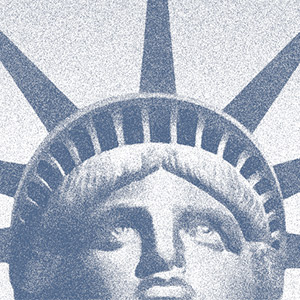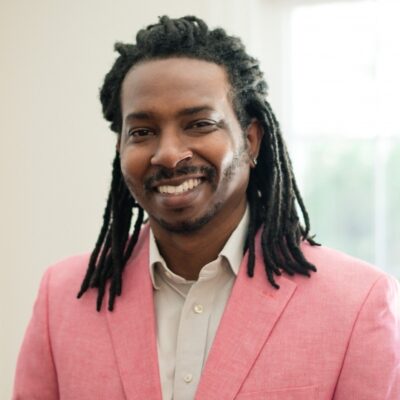And We Demand for the California Legislature to Protect Them Under the Law
Human Rights Day focuses on equality and non-discrimination – the bedrock principles for all human rights. On this day, it is particularly important to not only highlight the ways in which unhoused people are systematically discriminated but also to explicitly name houselessness as a racial justice issue that disproportionately impacts Black and brown Californians.
The ACLU Foundations of California’s recently released report, “Outside the Law: The Legal War Against Unhoused People,” provides a sense of what it’s like to be unhoused in California. The report shares how corporate landlords make a killing from sky-high rent, how the wait for subsidized affordable housing can last a generation, and how more and more people are pushed out of their housing with nowhere to go but the streets.
This crisis violates the human right to housing under international human rights law – but that is just the beginning. As the report shows, once people are displaced, local governments stigmatize, scapegoat, and persecute them in what can only be called a war against unhoused people. For example, through targeted and concerted efforts, municipalities seek to expel and criminalize their residents via bans on RV parking, camping, and other facets of life necessary to exist as an unhouse person. They justify discrimination against unhoused people by depicting them as a threat to public health and safety and as outsiders who do not belong.
We can’t solve this human rights crisis by discriminating against people without housing. If we want justice, it’s important to listen – really listen – to unhoused people on the front lines. They know the truth about our housing displacement catastrophe, because they have lived it. Here are a few of their voices.
Catherine Moore from Orange County recalls:
“I had no door to lock to keep myself safe at night. To protect myself, I had to stay vigilant, sometimes staying up all night. Instead of coming to my aid, Public Works employees raided my encampment to confiscate and destroy my belongings, sometimes leaving me with just the clothes on my back. Police officers cited me for sleeping in public—even though I had nowhere else to go—--which landed me in jail. Finally, I moved into a drainage tunnel. It was the only place the police wouldn’t go, because they lost radio signal in there.”
M. lives in a remote outdoor location because it’s the only place law enforcement allows unhoused people in her area to exist. She knows firsthand that it is unhoused people who face the greatest threat to their health and safety. As she told us:
“I’m out here because of a domestic violence relationship, and I got kicked out of my house. I do not feel safe out here because of my ex-boyfriend coming out here. And him hurting me more. And he comes out here and he still puts hands on me. And that’s why I’m scared to be out here.”
When asked what she needed, she said, “To have more resources and more help for women that are going through the same situation I’ve been in. And maybe have more help for us. Because it’s hard being out here.”
Los Angeles County Sheriff's deputies banished Gary Foss and other unhoused Lancaster residents outside of city limits, deep in the Mojave Desert and miles from necessities of life like food, water, and healthcare. Gesturing to his campsite, a patch of scrub brush in the vast desert landscape, he said, “This is the spot that they gave us, right here...this is what we got.”
He continued,
“One thing you’ve got to have in the desert, regardless of what anybody thinks, is water. We have one guy who brings us water every once in a while, and that’s it. And we have to make 55 gallons of water last sometimes two or three months. So, taking showers having baths, and all the cool stuff that people think is cool—it’s not cool out here.”
We must advocate for our unhoused neighbors like Catherine, M., and Gary at the local, state, national and even international stage. In California, the Reparations Task Force recently testified and recommended reparations for Black unhoused Californians – who make up 40 percent of our houseless population. On an international level, Catherine and the ACLU Foundations of California will also testify before the Inter-American Commission on Human Rights on the status of housing in the U.S. While this is a step forward, we must continue to do better for unhoused people everywhere.
This Human Rights Day let’s continue to advocate for unhoused people in California and their human right to housing. Sign this petition to voice your support and stay connected for next steps on how to protect unhoused Californians from discrimination.


